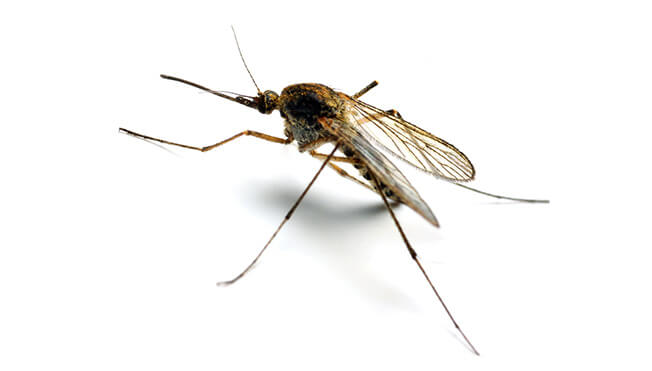In this application note we show how researchers are using thermal desorption with gas chromatography–mass spectrometry (TD–GC–MS) to measure volatile organic biomarkers in the breath of individuals with malaria. The findings of this pilot study are very encouraging, and demonstrate that this approach is non-invasive and amenable to large-scale studies.
Malaria (Plasmodium falciparum) was responsible for an estimated 435,000 deaths worldwide in 2017,1 and the need for timely and accurate detection has never been greater.
However, diagnosis currently relies on clinical presentation, blood tests and microscopic examination of blood films. Inexpensive and reliable tests for malaria that don’t require medically-trained personnel are therefore a focus of continuing research. This has in turn highlighted the need to identify breath biomarkers that can be targeted, and methods to validate of the accuracy of the tests themselves.
Fortunately, the vast majority of reported disease biomarkers are volatile organic compounds (VOCs) amenable to TD–GC–MS, which as a long-established analytical technique has emerged as the ‘gold standard’ for research into breath analysis.






